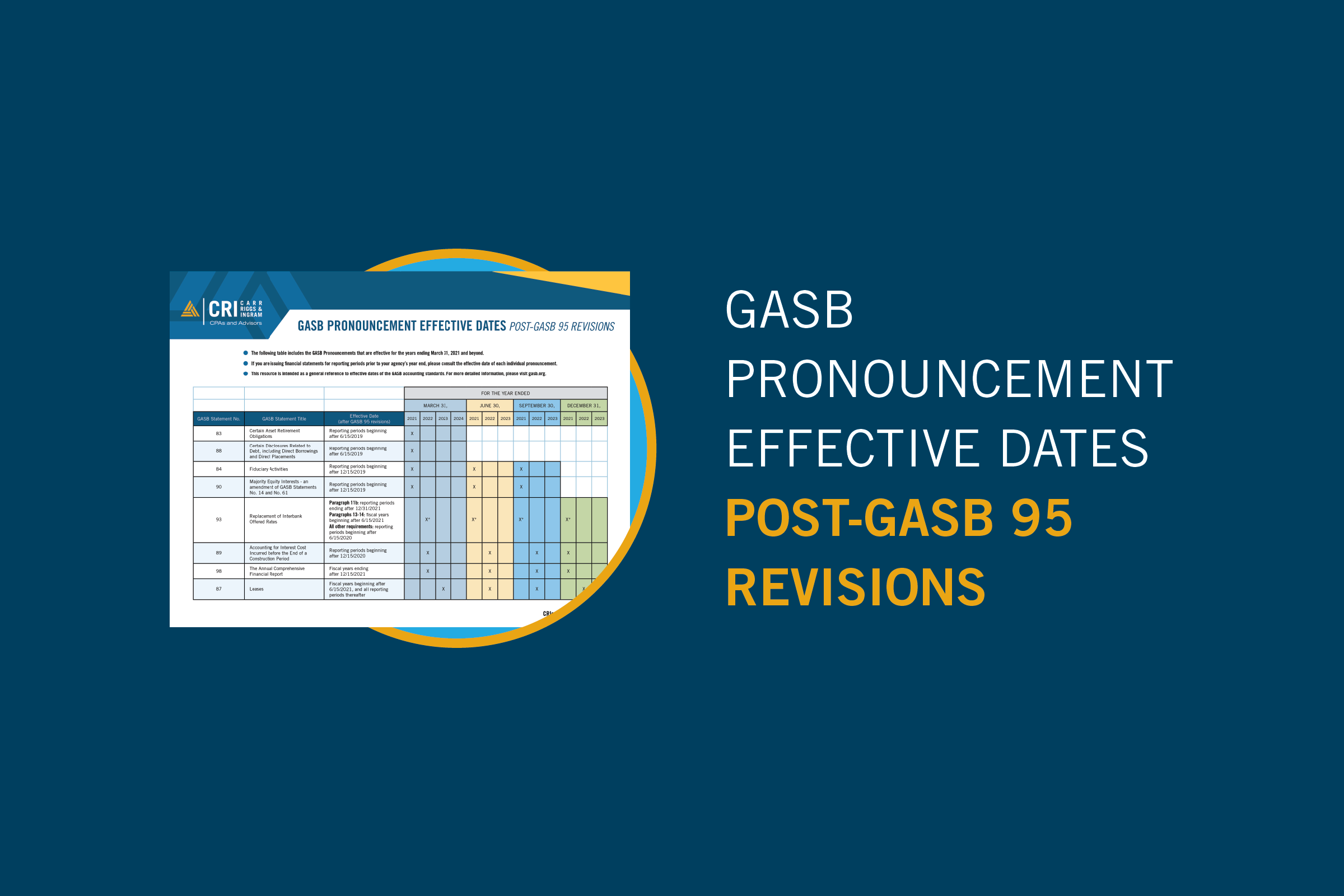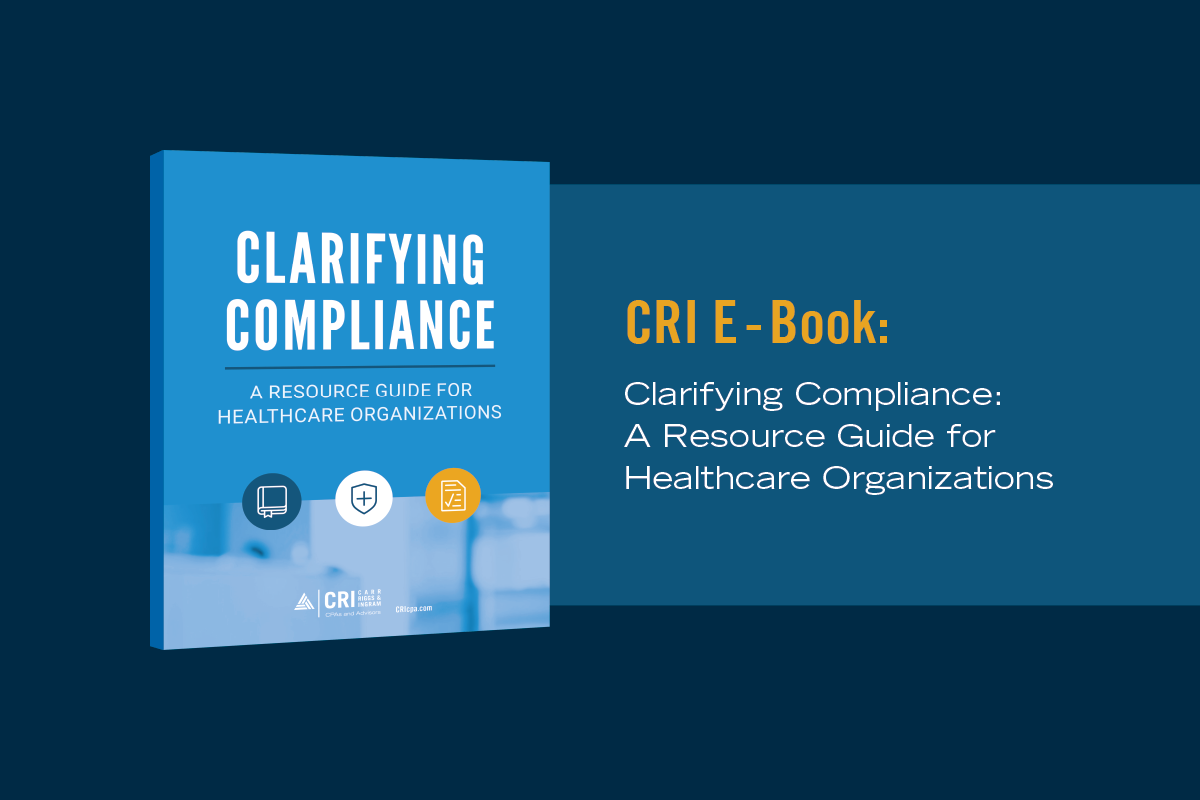To Lobby or Not to Lobby: Understanding Your Association’s Rights
- Contributor
- Chad Singletary

Many non-profit organizations are explicitly prohibited from conducting lobbying activities. To do so might jeopardize their tax-exempt status. Others are permitted to make a special election to conduct limited lobbying activities, while others carry on lobbying activities with some “compliance strings” attached. Where does your Association fit?
Associations tend to be exempt from income tax under one of a few specific sections of the Internal Revenue Code (IRC) listed below:
Associations exempt from income tax under these sections are permitted to carry on lobbying activities. However, they are required to notify members about their lobbying activites and expenditures.
The IRC describes lobbying as “attempting to influence legislation at the federal, state, or local level through communication with a member or employee of a legislative body, or with a government official or employee who may participate in formulating legislation” (IRC 162(e)(2) and (4)(A)).
If associations choose to lobby, the Association must determine the amounts expended in connection with lobbying efforts. Total expenditures include items such as payments made to a third-party lobbying firm, allocations of salary and related expenses for in-house personnel involved in lobbying efforts, and the allocation of certain overhead expenses incurred to support those in-house personnel. Once determined, associations must notify members of the number of member dues that are nondeductible for income tax purposes due to the associations’ expenditures related to lobbying efforts.
For example, if an association estimates that its lobbying expenditures for the coming year will be $200,000 and that total membership dues to be collected will be $1,000,000, the association would notify members that 20% of their dues are nondeductible for income tax purposes due to lobbying efforts. This notice is often included on the member dues invoice.
As is the case with many requirements, there are exceptions – IRC 501(c)(4), (5) and (6) organizations are not required to provide notice to members if more than 90% of their dues are received from:
Further, IRC 501(c)(4), (5), and (6) organizations are not required to provide notice to members if one of the following applies:
If your association is considering engaging in lobbying activities, it’s crucial to assess whether member notification requirements bind you. Compliance is key: precise tracking of expenditures and transparent communication with your members is a must. Contact your CRI advisor to guide you through implementing effective policies and procedures. Our team of experts is ready to help you answer these questions and implement policies and procedures to comply with and protect your organization’s tax-exempt status.

















































































































































































































































































































































































































































































































































































Subscribe to our e-communications to receive the latest accounting and advisory news and updates impacting you and your business.